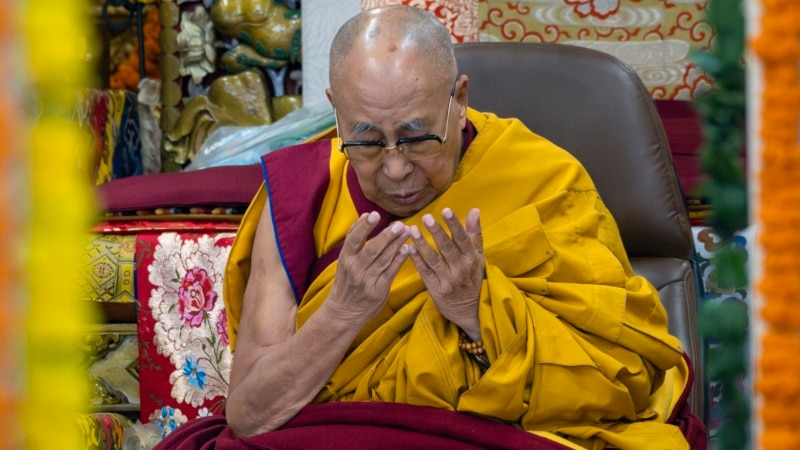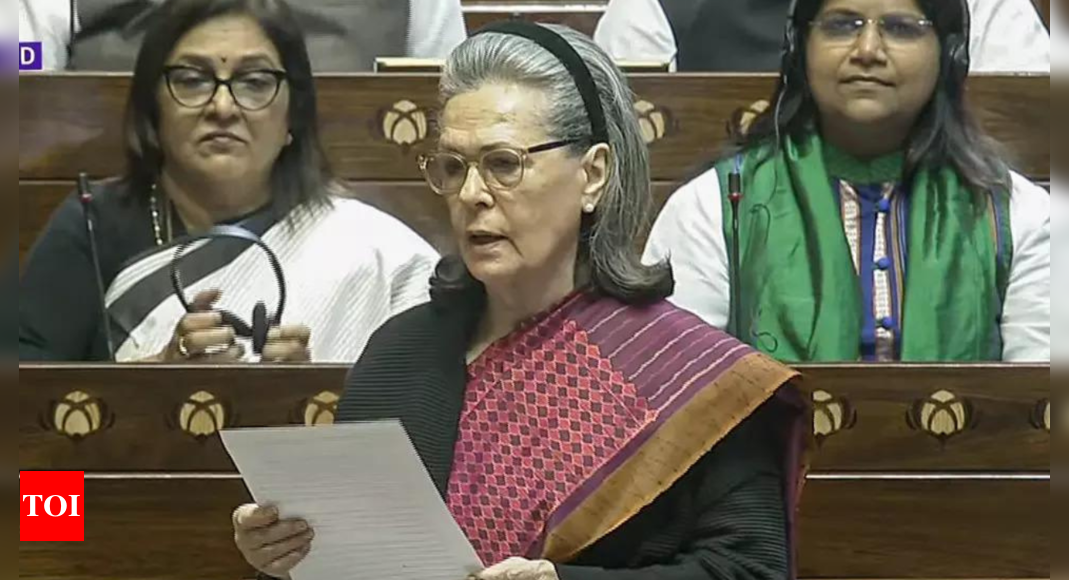
China hopes the Dalai Lama can “return to the right path” and is open to discussions about the Nobel Peace laureate’s future, as long as certain conditions are met, the foreign ministry said on Monday.
The exiled leader of Tibetan Buddhism, who turns 90 this year, fled Tibet in 1959 for India after a failed uprising against Chinese rule, but has expressed a desire to return to Tibet before he dies.
China is open to talks about the future of the Dalai Lama if he abandons his position of splitting the “motherland,” a foreign ministry spokesperson, Guo Jiakun, told a regular press conference.
Guo was responding to a request for comment on the death of the spiritual leader’s elder brother Gyalo Thondup, who had previously acted as his unofficial envoy in talks with Chinese officials.
Gyalo Thondup died on Sunday, aged 97, in his home in the Indian town of Kalimpong.
The Dalai Lama needs to openly recognize that Tibet and Taiwan are inalienable parts of China, whose sole legal government is that of the People’s Republic of China, Guo said, using the country’s official name.
The Dalai Lama stepped down in 2011 as the political leader of the Tibetan government-in-exile, which Beijing does not recognize. Official talks with his representatives have stalled since.
As the Dalai Lama ages, the question of his successor has also become increasingly urgent. China insists it will choose his successor as Tibet’s spiritual leader.
But the Dalai Lama says he will clarify questions about the succession, such as if and where he will be reincarnated, in line with Tibetan Buddhist belief, around the time of his 90th birthday in July.
A new book by the Dalai Lama, due out in March to coincide with the anniversary of the uprising, is expected to outline a framework for the future of Tibet “even after I am gone,” he has said.








